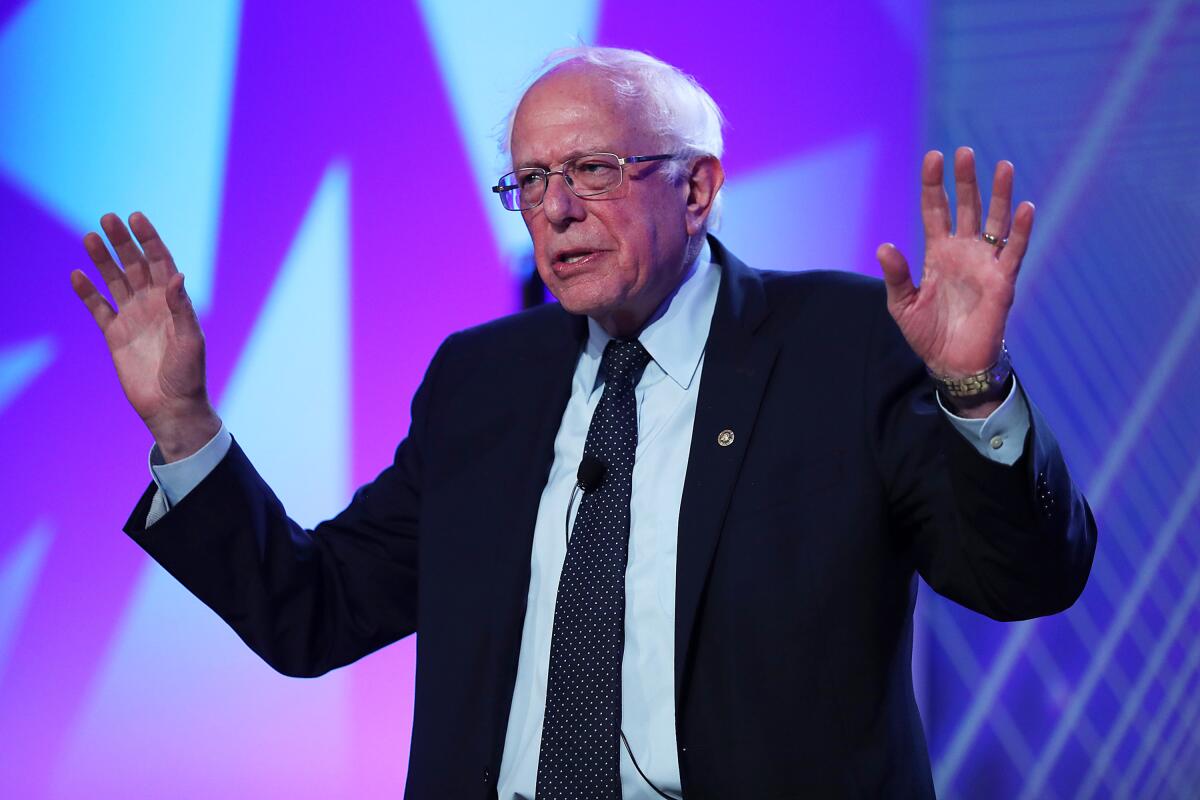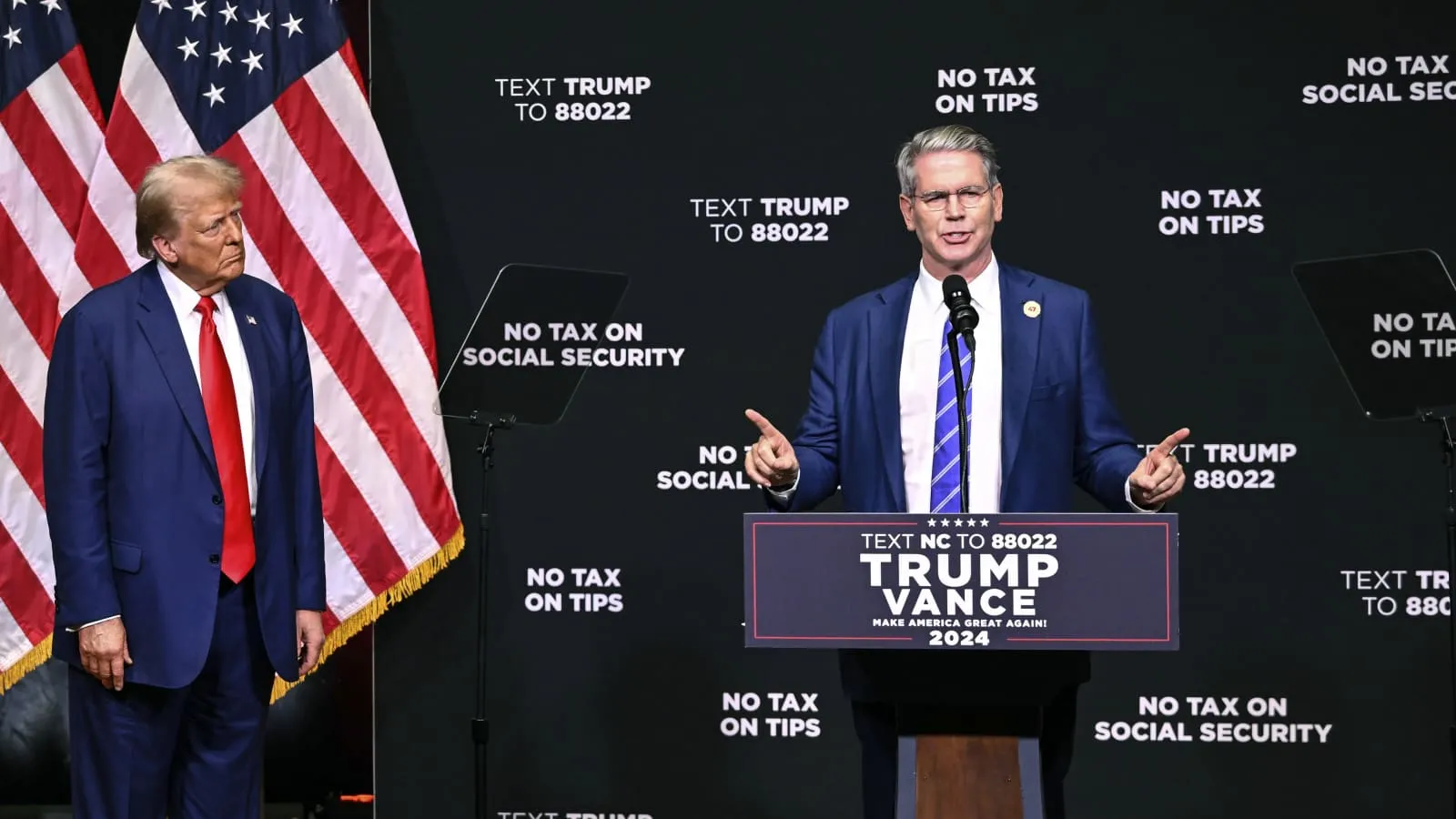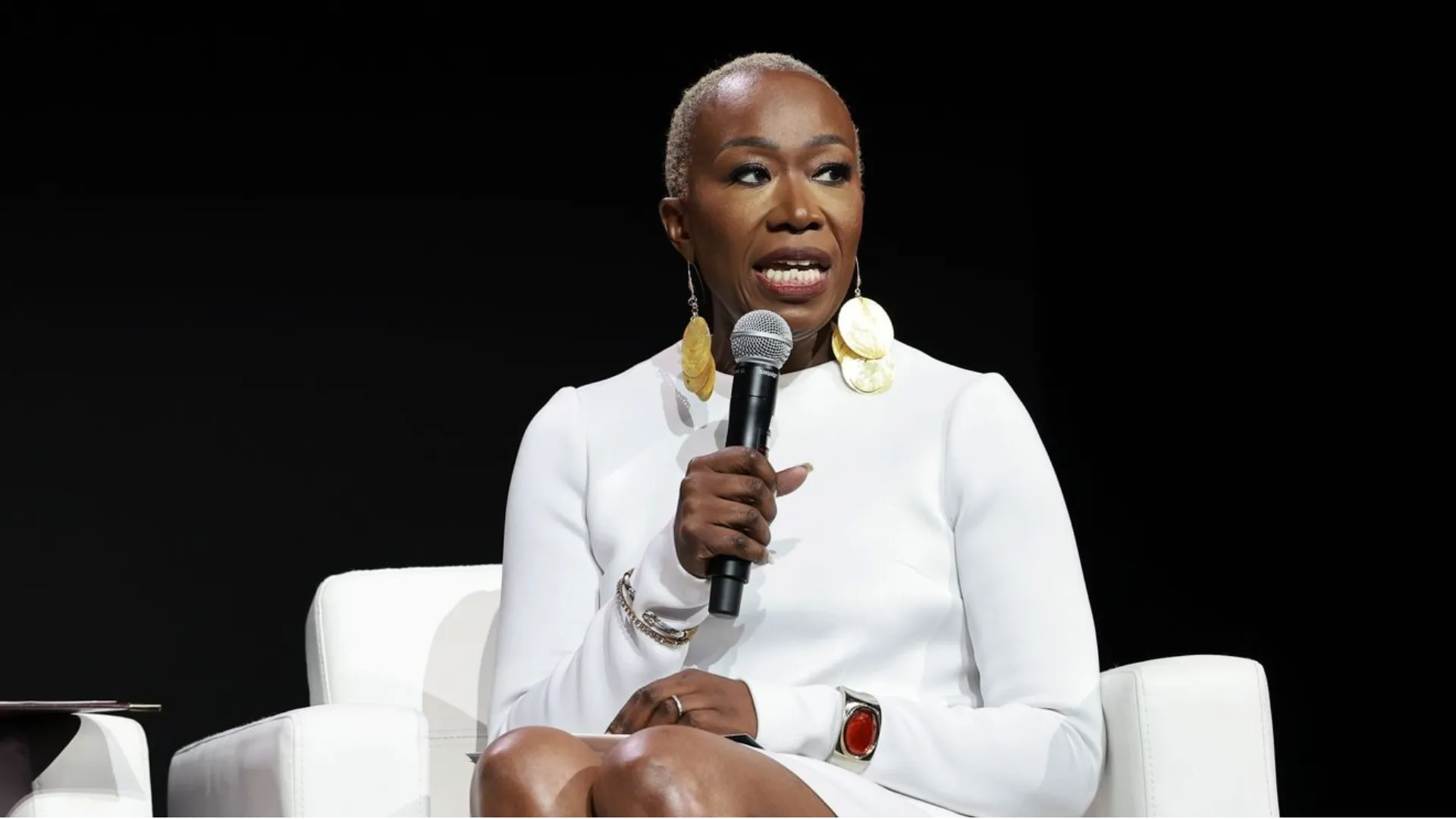
Sen. Bernie Sanders (I-Vt.) expressed deep concerns on Wednesday regarding the increasing influence of billionaire entrepreneur Elon Musk, warning that his actions are straying into unconstitutional and illegal territory.
Sanders emphasized that the rise of oligarchy and the shift toward authoritarianism pose significant threats to democracy, particularly as Musk aligns himself with former President Donald Trump to reshape the federal government.
Speaking in a brief interview with NewsNation, Sanders highlighted two pressing issues: the unchecked growth of billionaires in politics and the erosion of democratic institutions. “I think there are two issues. Number one is the growth of oligarchy,” Sanders stated.
“Every American should be concerned that the richest guy in the world is running all over this country acting, in a sense, illegally, unconstitutionally.”
He underscored the importance of the legislative process, noting that Congress is responsible for passing laws. “You don’t like those laws? You can change the laws. But you can’t just arbitrarily do what Musk is doing,” he added.
Musk has emerged as a central figure in Trump’s agenda, taking an aggressive role in dismantling federal agencies, buying out massive numbers of federal employees, and seizing control of financial transaction systems within the Treasury Department and other government offices.

These moves, framed under the guise of reducing government spending and eliminating inefficiency, have triggered legal challenges and strong opposition from Democratic lawmakers.
The billionaire’s sweeping initiatives have included a controversial plan to consolidate federal financial operations, a move critics argue gives him excessive control over public funds. Reports indicate that Musk, with Trump’s backing, has been working to overhaul federal agencies by leveraging his private wealth and influence.
His supporters argue that the reforms are necessary to curb government overreach, but detractors see them as a dangerous precedent that threatens the balance of power.
Democratic legislators have been vocal in their opposition, filing lawsuits to challenge Musk’s maneuvers. They contend that his involvement in government operations extends beyond the legal limits of private influence and amounts to an unconstitutional power grab.
Some experts have warned that allowing Musk to dictate the future of federal agencies could set a precedent where billionaires dictate public policy without accountability to voters or elected officials.
Sen. Elizabeth Warren (D-Mass.), another vocal critic of Musk’s expanding influence, has called for a congressional investigation into his actions. “No single individual, no matter how wealthy, should have this much control over our government,” Warren said in a recent Senate hearing. “This is a democracy, not a corporate boardroom.”

Musk’s increasing role in shaping government policies is part of a broader trend of billionaire influence in politics, a phenomenon that Sanders has repeatedly condemned.
He has long warned about the dangers of concentrated wealth and corporate power in government affairs, arguing that democracy cannot function properly when a small number of ultra-wealthy individuals wield disproportionate control over policy decisions.
The legal battle over Musk’s involvement in government restructuring is expected to intensify in the coming weeks. Several lawsuits are already in motion, with plaintiffs arguing that Musk’s actions violate constitutional principles by bypassing congressional oversight and undermining the separation of powers.
Legal scholars are divided on the issue, with some asserting that Musk’s involvement in government affairs is unprecedented and could redefine the limits of private sector influence over public institutions.
Meanwhile, Trump and Musk have defended their actions, asserting that the American people gave them a mandate to implement reforms. They argue that voters supported Trump’s vision for reducing government bureaucracy and improving efficiency, and that Musk is merely executing that vision.
“The people elected me to fix Washington, and that’s exactly what we’re doing,” Trump stated in a recent interview. “Elon Musk is a genius, and he’s helping make government work better.”
Despite these justifications, opposition remains fierce. Civil rights groups, government watchdogs, and progressive lawmakers continue to push back, warning that allowing Musk to wield such immense power threatens the very foundations of American democracy.
Many fear that if left unchecked, this pattern of billionaire intervention in government could erode public trust in democratic institutions and further entrench economic inequality.
Sanders and his allies are calling on Congress to take immediate action to rein in Musk’s influence and restore proper oversight. “This is not just about one billionaire,” Sanders warned.
“This is about the future of our democracy. If we allow the richest people in the world to control our government, we are no longer a democracy. We are an oligarchy.”
As the legal and political battles unfold, the outcome of this struggle will have far-reaching implications for the role of wealth and corporate power in shaping the American government.
The coming months will be crucial in determining whether the nation moves toward greater accountability or deeper oligarchic control.



-1744480934-q80.webp)
